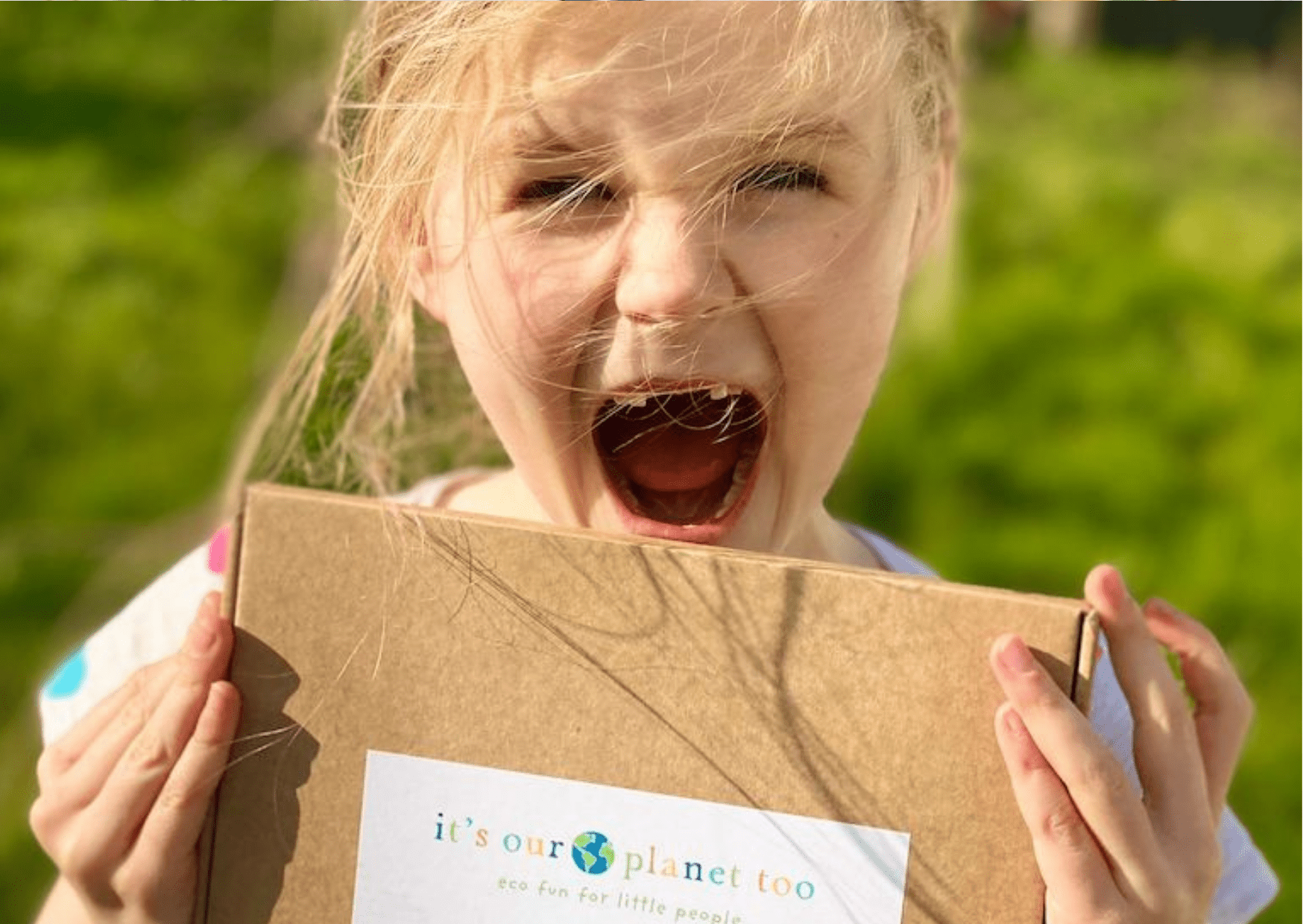
8 Tips For an Eco-Friendly Family Summer
Whether you’re an ardent recycler who never forgets their reusable coffee cup and canvas bags or simply a busy parent looking for some quick tips, it can be really easy to get your family to live a more sustainable lifestyle and it’s even easier in the summer!
An eco-friendly summer is no less fun, it’s just better for the planet. So as the weather warms up and we get time to be outdoors make sure you involve our little ones on the path to greener living. From picnics and gardening to sun cream and composting, there’s never been a better time to teach our children how to do the right thing. Let’s inspire them to protect our beautiful planet… here are 8 tips to get you started.
KEEP THE PICNICS PLASTIC FREE
There is nothing more exciting than planning a picnic, even if it's just packing up your snacks to eat in the garden or the local park. But remember to keep the next adventure plastic free… shop local, buy seasonal fruit and vegetables and limit the amount of individually wrapped food items. You could even try beeswax wraps as a substitute for clingfilm. Most importantly, make it normal to say NO to single-use plastic and remember to bring your reusable bottles and cups everywhere. Show your kiddies how it's done, and pretty quickly they'll get the picture.
USE AN ECO-FRIENDLY SUNCREAM
We all want our children to play safely on sunny days and know that their skin is protected from damaging UV rays. But many conventional sunscreens contain nasty chemicals that can be harmful to our skin and also the environment. Take a moment to seek out the best natural sunscreen products.

SHOW YOUR KIDDIES WHAT THEY ARE PROTECTING
As the weather starts to improve, get the family outside… Go to the beach, spend time in the garden or park, visit the zoo or head out into the countryside. Show your children how valuable and beautiful nature is and what exactly is at stake when we don't look after it.
CYCLE, SCOOT OR WALK INSTEAD OF DRIVING
The summer months are the perfect time to ditch the car. Pollution from cars is one of the major causes of global warming - cars emit carbon dioxide and other nasty greenhouse gases which contribute to global warming and ultimately climate change. So next time you're being nagged by your kiddies to scoot to school, remember you're doing your bit for the environment too!

VOLUNTEER FOR A CLEAN UP
Litter on our streets, in our parks and on our beaches looks nasty, harms wildlife and costs millions of pounds to clean up. But if everyone lent a hand to collect litter in their area, it would make a huge difference. Check out your local community groups and see if there is an organised clean-up or beach clean near you.
Take advantage of the longer days and encourage your kiddies to turn off the lights. Take advantage of the sun and dry your clothes on a clothesline. Little actions, that become habits can make a big difference.
With the long summer holidays just around the corner it can be easy to think we need more ‘stuff’ to keep our children busy. But sometimes an experience can be just as rewarding… a stroll through the woods, a scavenger hunt, a trip to the park or even just an ice-cream!
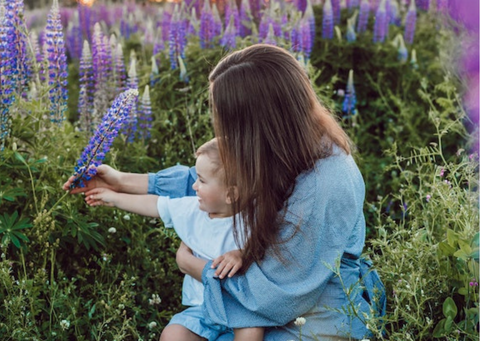
If you’re looking for a holiday hero, then It’s Our Planet Too has a range of new eco activity kits for children. Available as a one-off purchase or as a subscription, these 100% sustainable tool kits are full of activities and make use of items you already have around the home or even in the recycling box. They also donate 50% of their profits to good causes.
GET OUT IN THE GARDEN AND GET PLANTING
Getting our children busy in the garden from an early age will teach them about caring for the environment. No matter how much space you have - be it a single plant pot or a meadow - planting flowers and shrubs will provide a habitat for native bees, birds and other animals.
Consider investing in a compost bin and show your kiddies how to dispose of their food scraps. You will be creating your own nutrient rich soil and reducing the methane emissions that come from food waste in landfill, therefore lowering your carbon footprint.
We can’t change the fate of our planet on our own but when we all come together, the impact can be huge. If everyone made small lifestyle changes it would add up to make a huge difference.
Written by It’s Our Planet Too
About It’s Our Planet Too

At It’s Our Planet Too, our vision is for every child to believe that they have the power to protect our planet.
Founded by Kate, a mum of two in recognition that our children today are growing up in a world facing very real challenges. Their generation is starting to take notice of our impact and the importance of taking care of our precious planet.
Through our products and messaging, we inspire children to love and care for our environment and empower them to become little eco heroes who seek to make a positive change for a greener future. It’s Our Planet Too is committed to sustainable practices, ethical products, minimal waste and having a positive environmental impact.
As a social enterprise, we commit to giving 50% of our profits back to good causes.






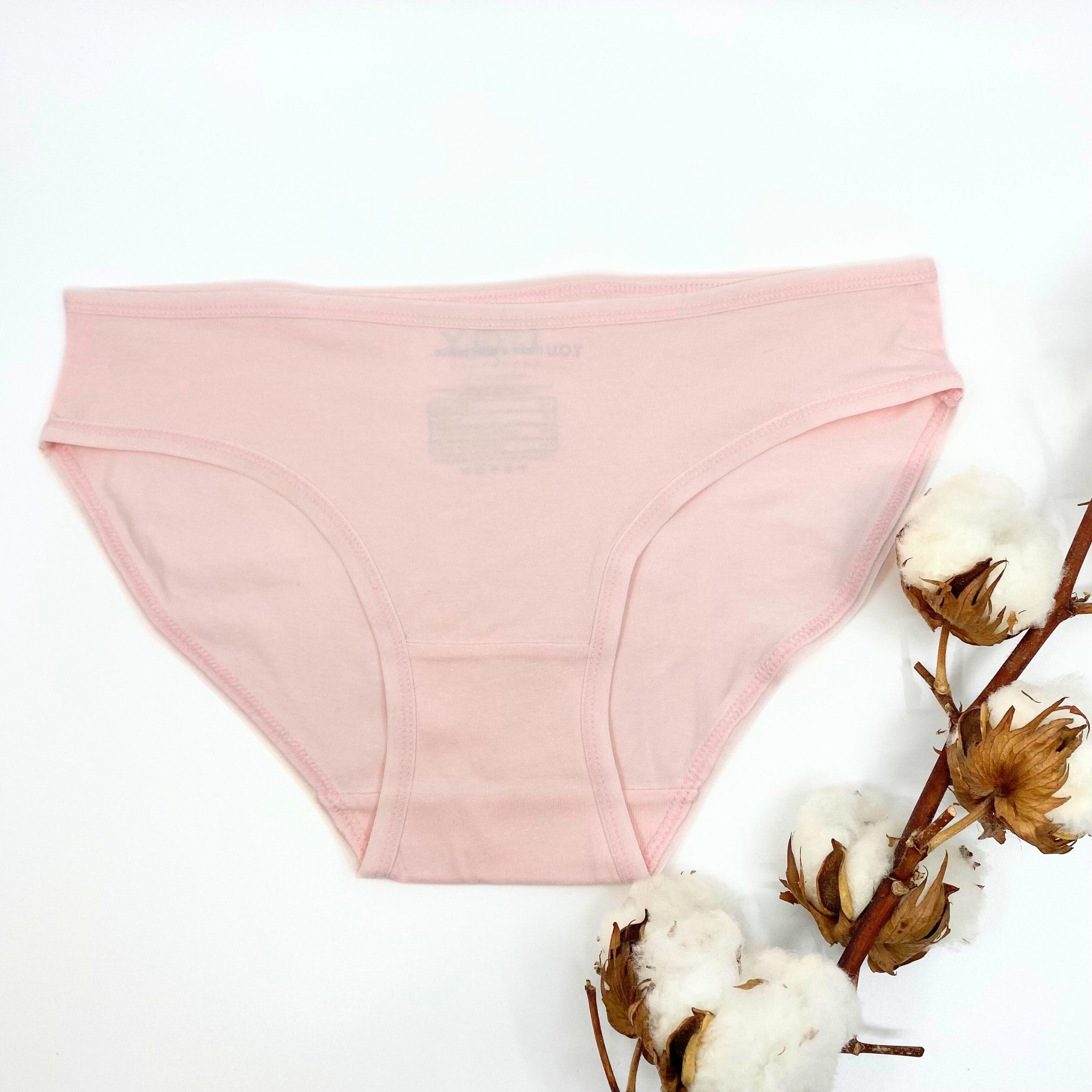




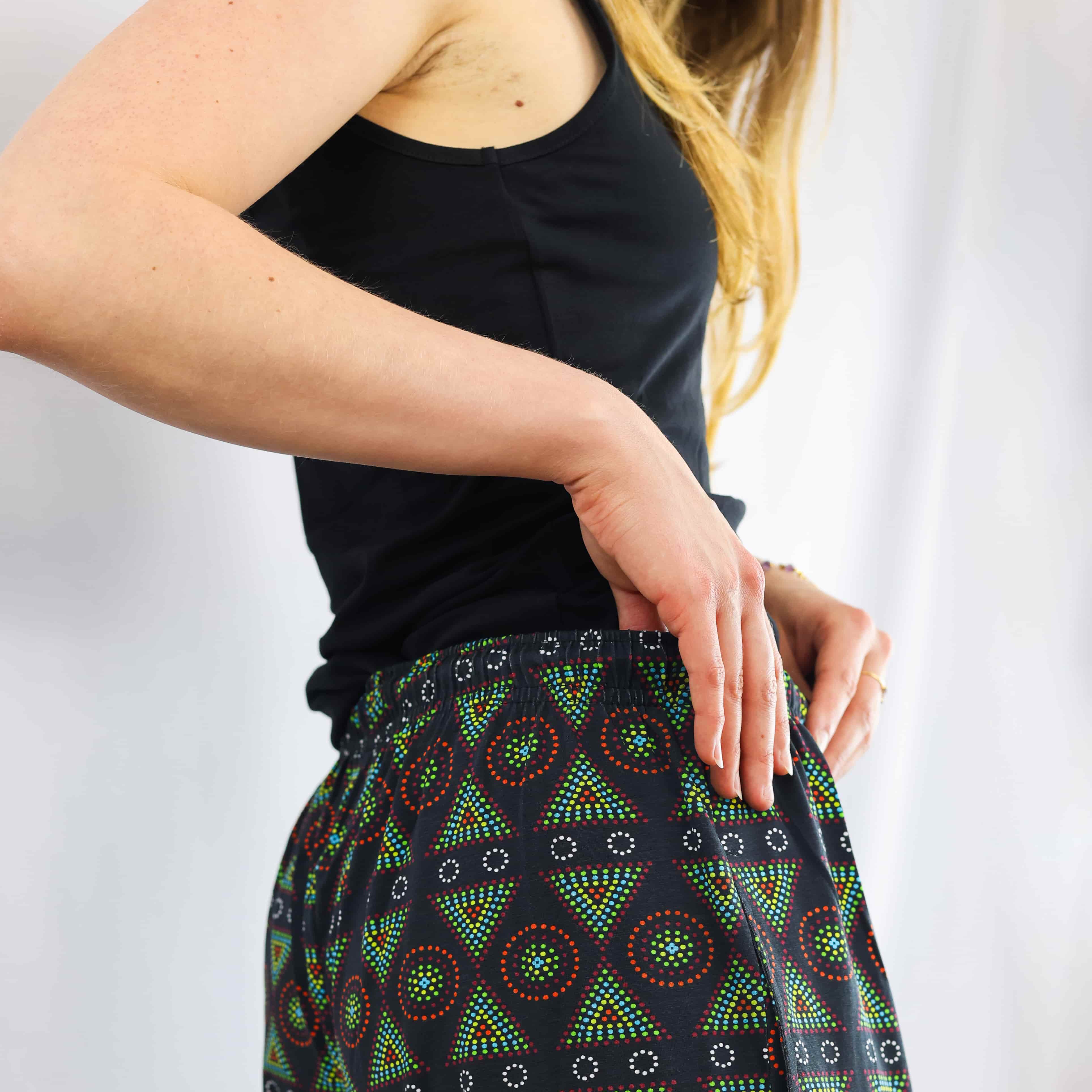
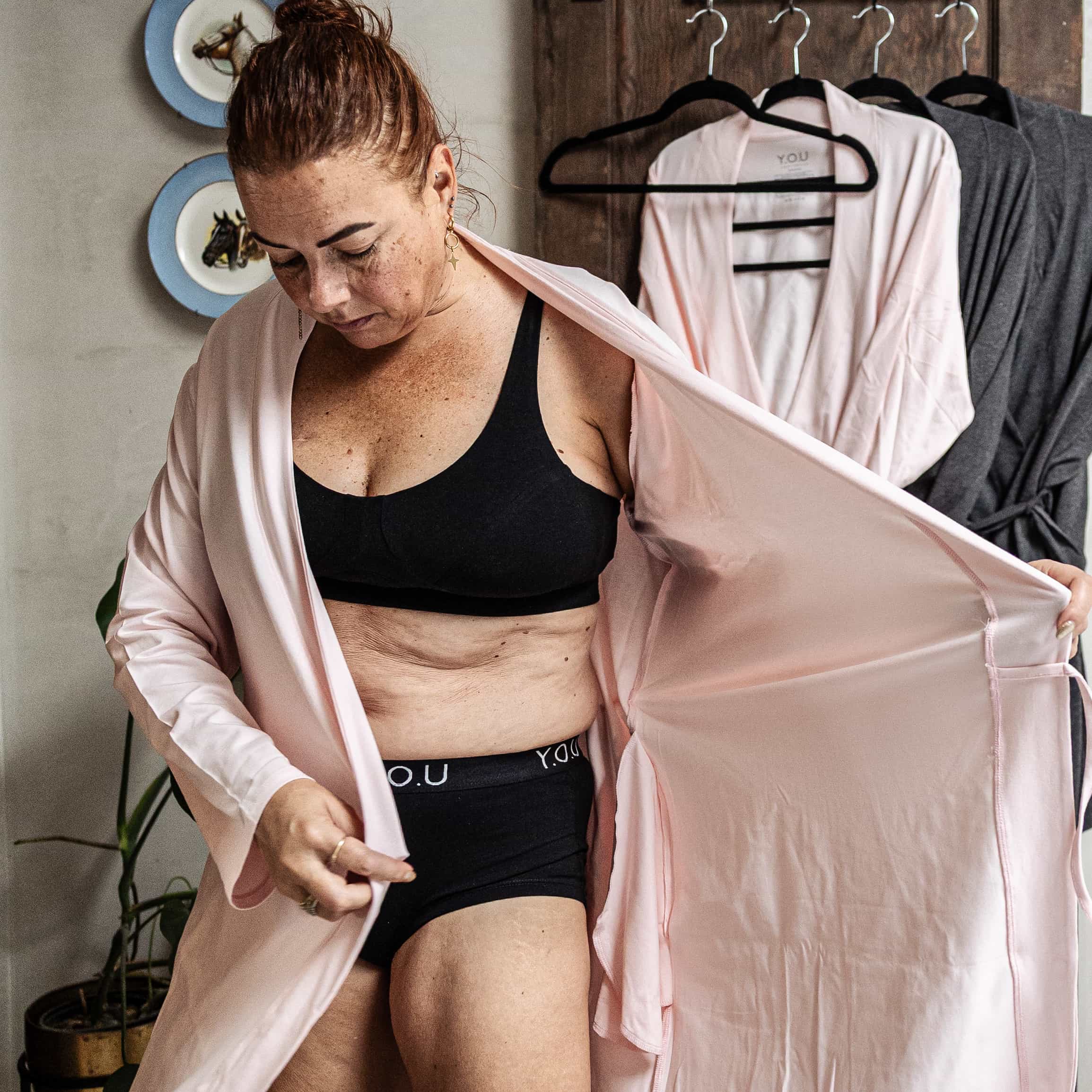
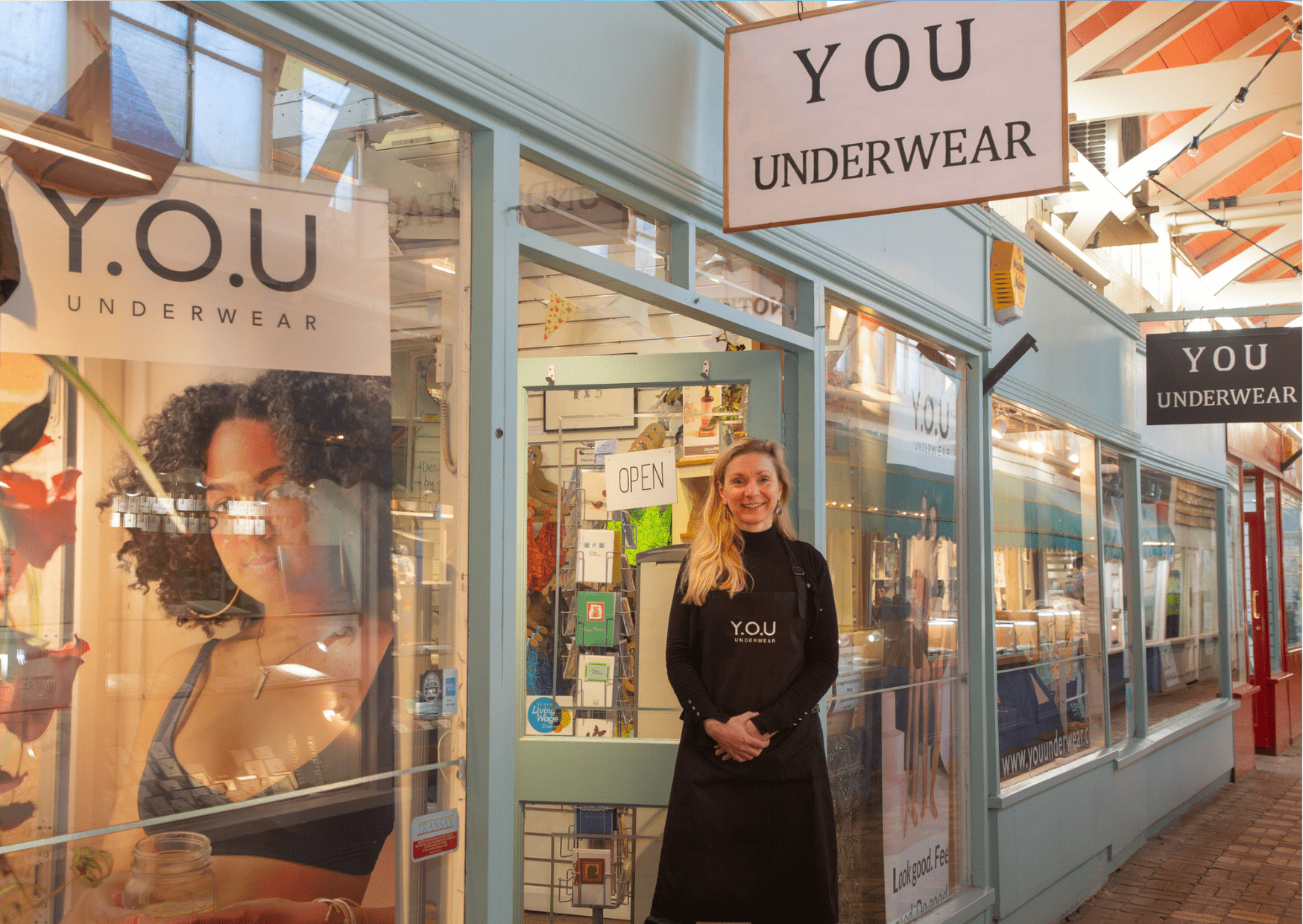
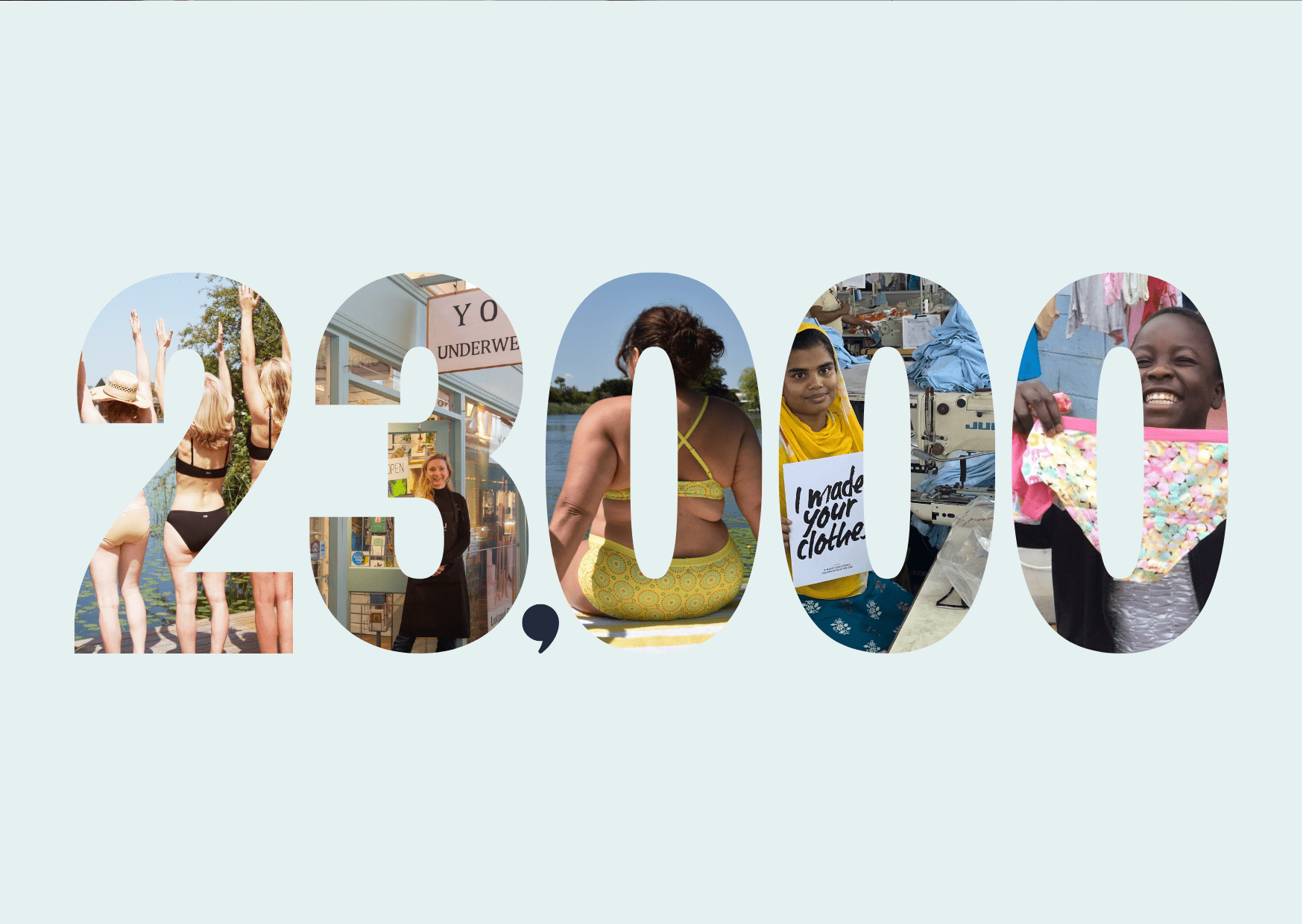






Leave a comment
This site is protected by hCaptcha and the hCaptcha Privacy Policy and Terms of Service apply.